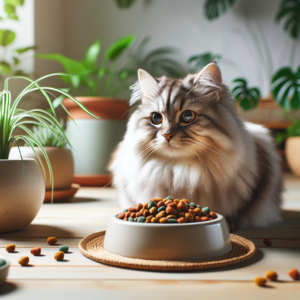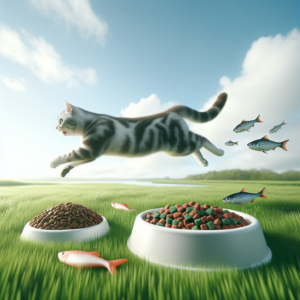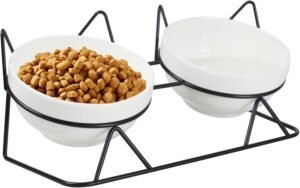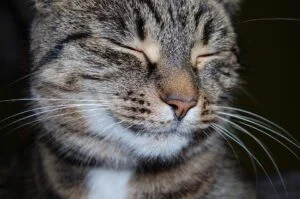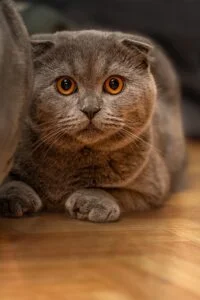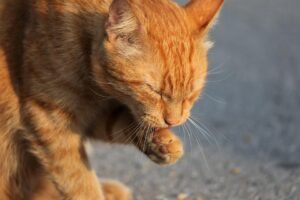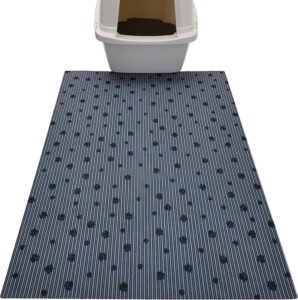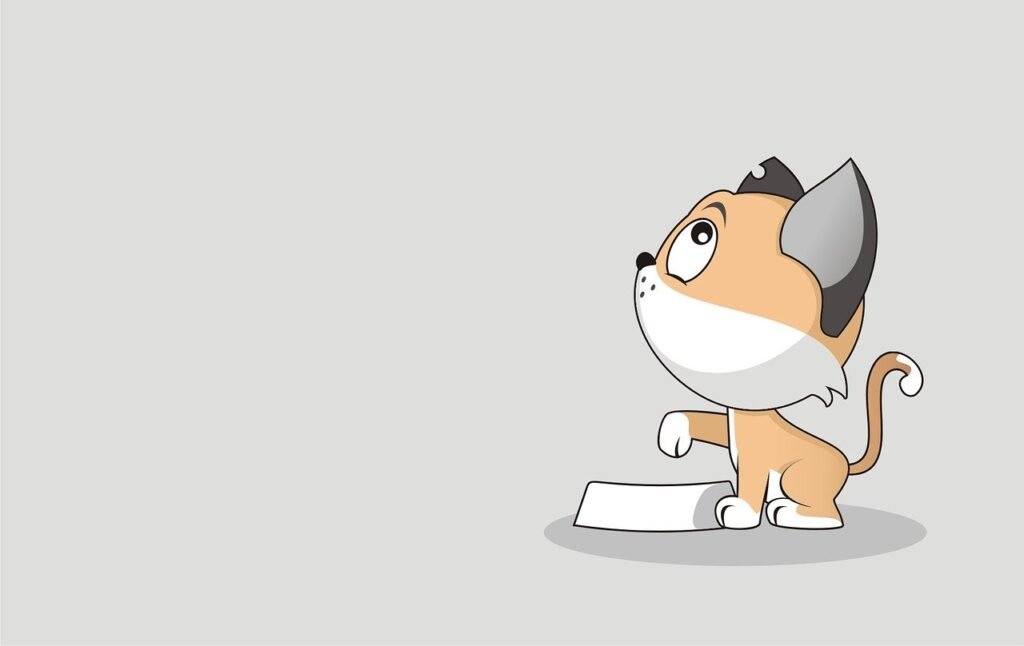
Cats are not just pets; they are members of our families and deserve the best care possible. One of the most crucial aspects of caring for a cat is ensuring it receives a balanced diet that optimizes its health. A well-balanced diet can prevent numerous health issues, enhance the quality of life, and extend the lifespan of your feline companion. This article explores the importance of a balanced diet for cats, essential nutrients, and practical tips to ensure your cat’s dietary needs are met effectively.
The Importance of a Balanced Diet for Cats
Cats are obligate carnivores, meaning their diet must primarily consist of meat. Their nutritional needs are different from those of dogs and humans. A balanced diet for cats is essential for several reasons:
Nutritional Requirements
Cats require specific nutrients that are naturally found in animal tissues. These include taurine, arachidonic acid, and vitamin A. Unlike other animals, cats cannot synthesize these nutrients and must obtain them through their diet.
Preventing Health Issues
A balanced diet can prevent common feline health issues such as obesity, diabetes, urinary tract infections, and dental problems. Providing the right nutrients helps maintain a healthy weight, supports metabolic functions, and reduces the risk of chronic diseases.
Supporting Growth and Development
For kittens, a balanced diet is vital for proper growth and development. It ensures they receive the necessary nutrients to develop strong bones, muscles, and a robust immune system. For adult cats, it helps maintain energy levels and overall health.
Essential Nutrients for Cats
To optimize feline health, it is crucial to understand the essential nutrients that should be included in their diet:
Protein
Protein is the most important component of a cat’s diet. It provides essential amino acids required for growth, tissue repair, and energy. High-quality animal-based proteins, such as chicken, beef, and fish, are ideal sources.
Taurine
Taurine is an amino acid that is critical for heart function, vision, and reproduction. Cats cannot produce taurine on their own, so it must be included in their diet. Deficiency can lead to serious health problems, including blindness and heart disease.
Fats
Fats provide a concentrated source of energy and help in the absorption of fat-soluble vitamins. They also contribute to healthy skin and a shiny coat. Essential fatty acids, like omega-3 and omega-6, are important for inflammation control and brain health.
Vitamins and Minerals
Vitamins such as A, D, E, and B-complex, along with minerals like calcium, phosphorus, and potassium, are vital for a cat’s overall health. They support various bodily functions, including bone health, nerve transmission, and immune system function.
Water
Though not a nutrient, water is crucial for a cat’s health. Cats are prone to urinary tract issues, and adequate hydration helps prevent these problems. Ensure your cat has access to fresh water at all times.
Choosing the Right Diet for Your Cat
Selecting the right diet for your cat involves considering various factors such as age, health status, and lifestyle. Here are some options to consider:
Commercial Cat Food
Commercial cat foods are formulated to meet the nutritional standards set by organizations like the Association of American Feed Control Officials (AAFCO). They are available in dry, wet, and semi-moist forms.
- Dry Food: Convenient and cost-effective, but often contains more carbohydrates. Ensure it is of high quality and includes animal-based proteins.
- Wet Food: Higher moisture content, which helps with hydration. It is generally more palatable and closer to a cat’s natural diet.
- Semi-Moist Food: Contains more moisture than dry food but less than wet food. It often has added sugars and preservatives, so choose carefully.
Homemade Diets
Some cat owners prefer to prepare homemade meals for their pets. This approach allows for complete control over ingredients and meal quality. However, it requires careful planning and consultation with a veterinary nutritionist to ensure all nutritional needs are met.
Raw Diets
Raw diets mimic the natural feeding habits of wild cats. They include raw meat, bones, and organs. While proponents argue it is the healthiest option, there are risks of bacterial contamination and nutrient imbalances. It is essential to follow guidelines and consult with a veterinarian.
Feeding Guidelines and Tips
Proper feeding practices are integral to maintaining a balanced diet for your cat. Here are some guidelines and tips:
Portion Control
Avoid overfeeding your cat by following portion recommendations on food packaging or as advised by your veterinarian. Obesity is a common issue that can lead to various health problems.
Regular Feeding Schedule
Establish a consistent feeding schedule. Cats thrive on routine, and regular feeding times help regulate their metabolism and prevent overfeeding.
Monitoring Weight and Health
Regularly monitor your cat’s weight and overall health. Adjust its diet as necessary based on age, activity level, and health status. Consult your veterinarian if you notice any changes in weight or health.
Treats and Supplements
Treats should be given in moderation and should not exceed 10% of your cat’s daily caloric intake. Supplements, such as omega-3 fatty acids or probiotics, can be beneficial but should only be given under veterinary guidance.
Common Dietary Mistakes to Avoid
To optimize your cat’s health, it is important to avoid common dietary mistakes:
Feeding Dog Food
Never feed your cat dog food. Cats have specific nutritional requirements that dog food does not meet, such as higher protein levels and taurine.
Excessive Treats
Giving too many treats can lead to obesity and nutritional imbalances. Treats should be used sparingly and not replace balanced meals.
Ignoring Label Information
Read and understand food labels. Ensure the food meets AAFCO standards and provides the necessary nutrients for your cat’s life stage.
Sudden Diet Changes
Avoid abrupt changes in your cat’s diet. Gradually transition to new foods over a week to prevent digestive upset.
Conclusion
Optimizing feline health with balanced diets requires understanding the unique nutritional needs of cats and making informed choices about their food. By providing a diet rich in essential nutrients and following proper feeding practices, you can ensure your cat lives a healthy, happy life. Regular veterinary check-ups and consultations with a nutritionist can further enhance your cat’s dietary plan, helping to prevent health issues and promote longevity.
In conclusion, a balanced diet is a cornerstone of feline health. By prioritizing high-quality nutrition and being mindful of your cat’s individual needs, you can make a significant positive impact on its well-being. Remember, a healthy cat is a happy cat, and investing in its nutrition is investing in its future.
#ChatGPT assisted in the creation of this article.
